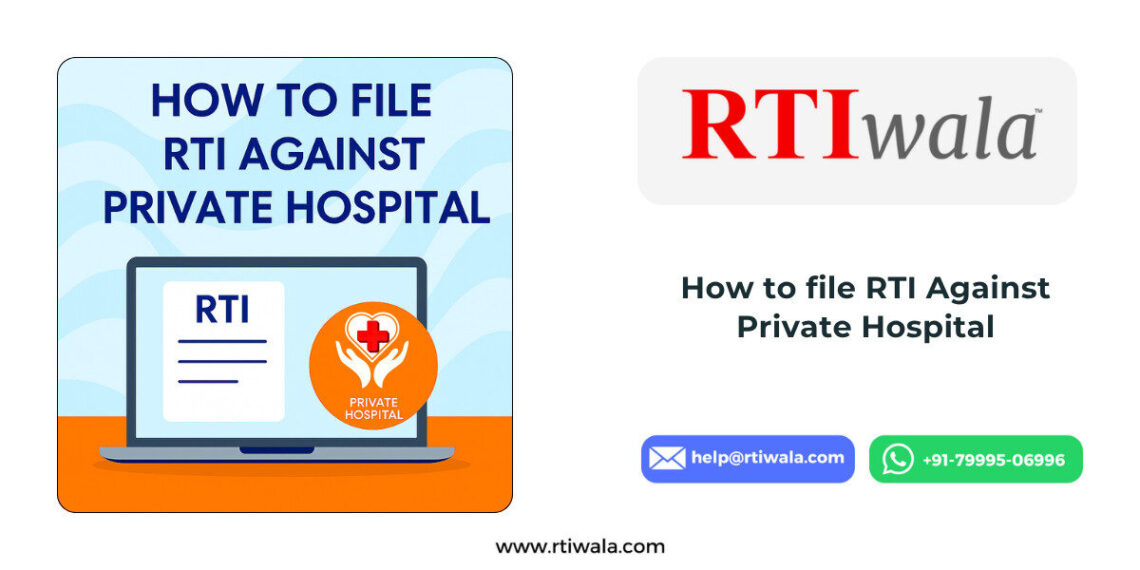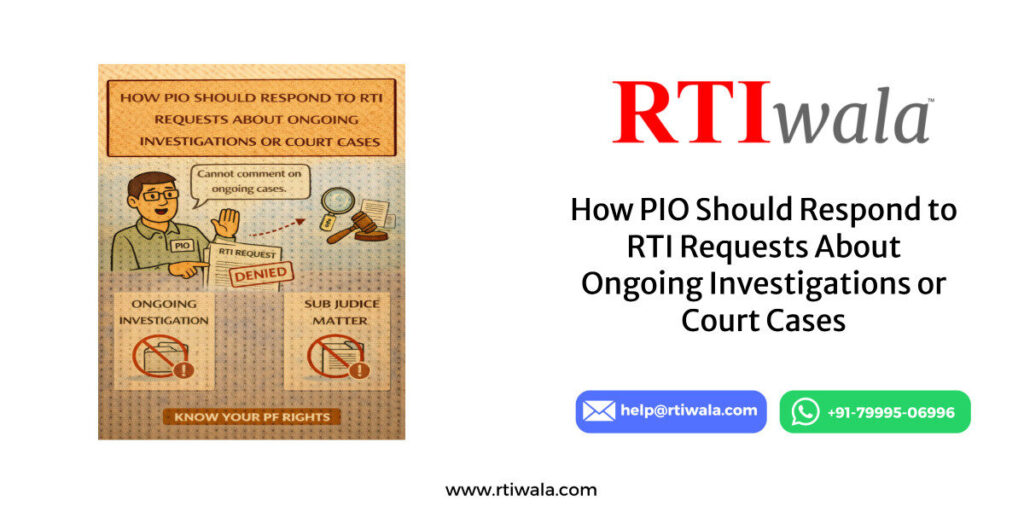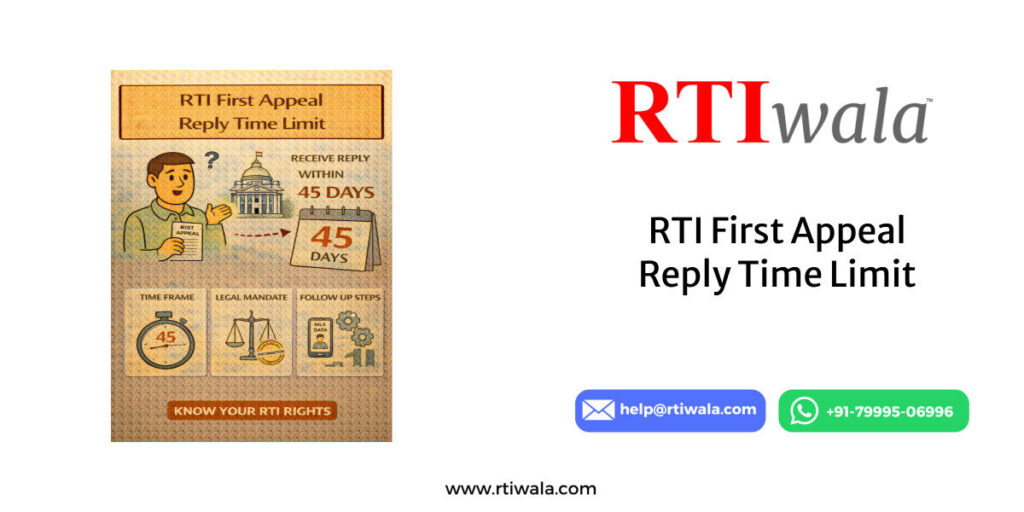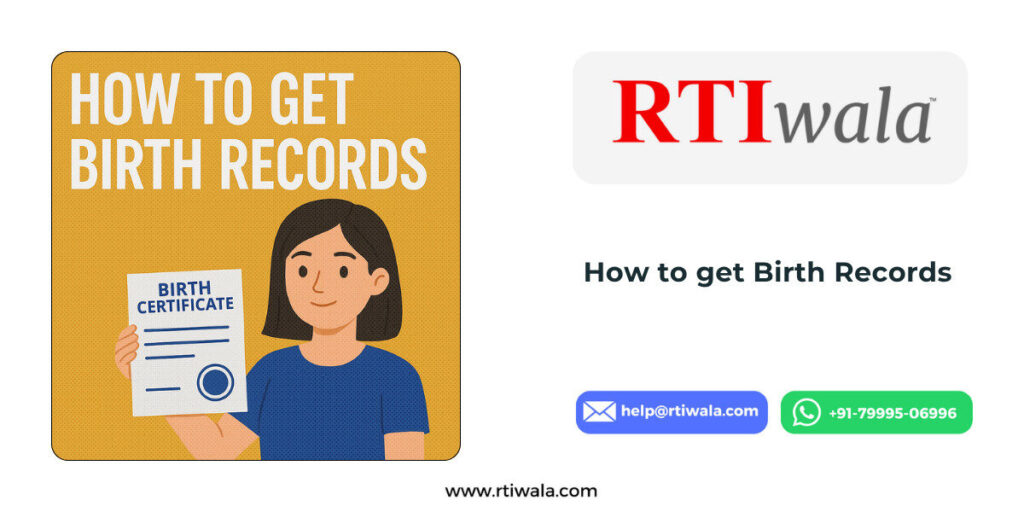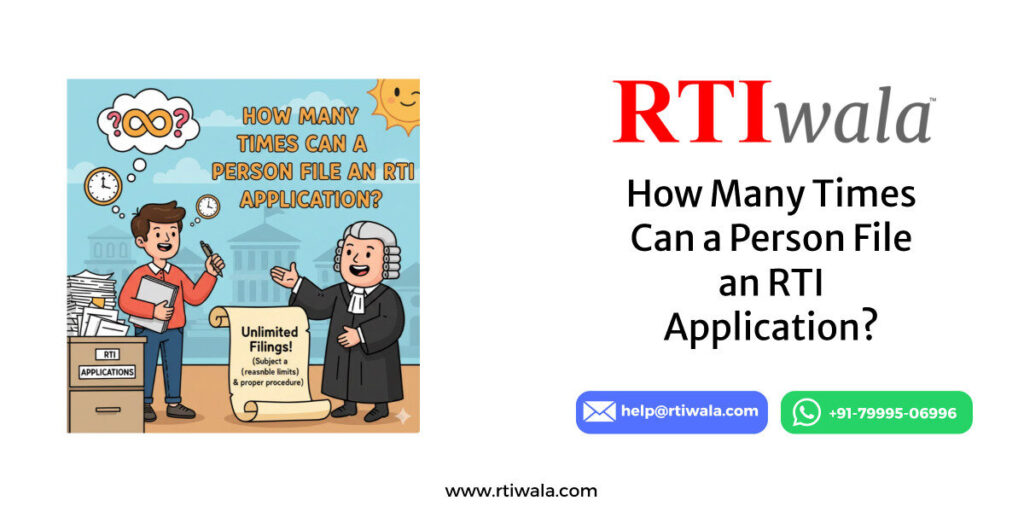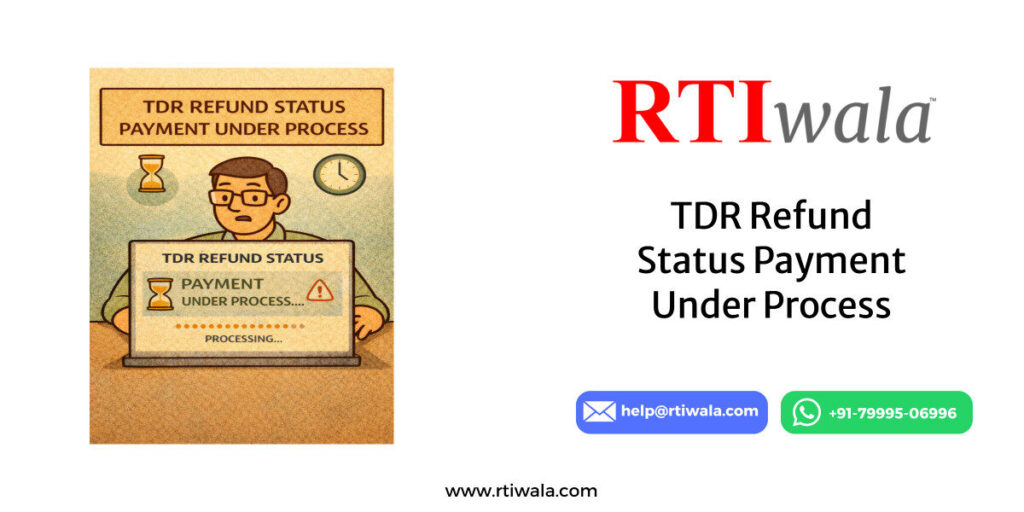Table of Contents
- Can You File RTI Against a Private Hospital?
- Situations Where RTI is Useful
- How to File RTI Against Private Hospital
- Which Authority to File RTI To?
- What if the Hospital Refuses to Give Info?
- RTIwala Services – Legal Support That Works
- FAQs About RTI Against Private Hospitals
1. Can You File RTI Against a Private Hospital?
There is a common misconception that RTI can be filed only against government departments. However, under Section 2(f) of the RTI Act, information can also be sought from private entities that are substantially financed, governed, or regulated by public authorities.
This means if a private hospital is:
- Empanelled under a government scheme like Ayushman Bharat, ECHS, CGHS
- Using subsidized government land or buildings
- Regulated by the Ministry of Health or State Health Department
Then RTI can be filed against it through the appropriate public authority.
Still confused? RTIwala can verify and confirm whether your hospital falls under RTI jurisdiction before filing.
2. Situations Where RTI is Useful
Below are some of the most common reasons people approach RTIwala to file RTIs against hospitals:
| Issue | Information You Can Seek Through RTI |
|---|---|
| Overbilling | Complete breakup of hospital bills, test costs |
| Medical Negligence | Doctor’s notes, diagnosis record, internal medical file |
| Refusal of Treatment | Documents showing denial under Ayushman Bharat or other schemes |
| Denial of Documents | Discharge summary, case file, reports |
| Post-death Clarity | ICU footage, doctor’s observations, duty register |
In many of these cases, hospitals try to suppress facts or deny documents. Filing an RTI creates legal accountability and pressure.
3. How to File RTI Against Private Hospital – Step-by-Step Process
Step 1: Identify the Right Public Authority
Check whether the hospital is under CGHS, PMJAY, ECHS, ESIC, State Health Insurance Schemes, or received any form of public subsidy. Based on this, identify the connected public authority.
Step 2: Draft the RTI Application Carefully
Use precise language. Mention:
- Patient name and treatment duration
- Hospital name and location
- Specific documents you’re seeking (e.g., “Provide medical records from 01 Feb 2024 to 10 Feb 2024”)
Incorrect drafting can lead to rejection or no response. Let RTIwala’s Custom Drafting team write your RTI in the correct legal format.
Step 3: File the RTI Online or Offline
Use official portals or file RTI online via RTIwala’s platform for faster and verified submission.
Step 4: Track the Application & File First Appeal if Required
If no reply is received within 30 days, file the First Appeal with the same public authority. Delays are common if not followed up.
Avoid filing to the wrong department or poorly written applications. It wastes precious time and may even harm your case.
4. Which Authority to File RTI To?
Depending on the hospital’s tie-up with the government, you must approach the corresponding authority:
| Hospital Type | RTI Filing Authority |
|---|---|
| Ayushman Bharat empanelled | State Health Agency or National Health Authority |
| CGHS registered hospital | Directorate General of CGHS |
| NABH or NMC regulated | Ministry of Health or National Medical Commission |
| Land or funds from Govt | District Collector, Urban Development Ministry |
| For negligence claims | State Health Dept or State Medical Council |
RTIwala ensures your RTI goes to the right authority, increasing chances of success.
5. What if the Hospital Refuses to Share Information?
This is a critical moment. Most applicants feel helpless when:
- No response is received even after 30 days
- Hospital claims it’s not a public authority
- Incomplete or vague replies are given
RTIwala handles such cases through:
- First Appeal under Section 19(1) of the RTI Act
- Second Appeal or Complaint to the Information Commission
- Filing complaints with Medical Councils or Consumer Forums
- Escalating via Legal Notices using RTI data as evidence
Don’t lose your right due to procedural complexity. Use professional help to escalate and get justice.
6. RTIwala Services – Legal Support That Works
RTIwala has filed over 30,000 RTI applications including many against private hospitals for:
- Disputed billing
- Suspicious deaths
- Denial of Ayushman Bharat claims
- Non-cooperation in giving discharge documents
With plans starting at just ₹389 + GST, you get:
- Legally drafted RTI applications
- Filing to the correct department
- Status tracking and escalation
- Anonymous RTI filing for protection from harassment
- Help in First Appeal and Complaints
Contact: +91-7999-50-6996 now!
7. Frequently Asked Questions (FAQs)
Q1. Can I file RTI directly to a private hospital?
No. RTI should be addressed to the government authority that regulates or is associated with the hospital.
Q2. Will I get CCTV footage or internal records?
Yes, if the hospital is under a public scheme. You can request such records.
Q3. Is there a deadline for receiving RTI response?
Yes. The public authority must respond within 30 days of receiving the application.
Q4. What if the hospital denies being under RTI?
You can file an appeal or complaint through RTIwala to challenge the denial.
Q5. Can I file RTI if I’m not the patient but a family member?
Yes, with authorization or proof of relation, you can file RTI as a legal representative.
Conclusion: Hold Hospitals Accountable Legally
If a hospital has caused you mental trauma, overcharged, or denied treatment, you have a right to know the truth. Don’t let the complexity of rules or legal language stop you.
RTI is your right. RTIwala is your support system.
Let experts handle the documentation, follow-ups, and escalation. Whether it’s a death case, overbilling, or negligence, filing RTI with professional help improves your chances of getting justice.












































